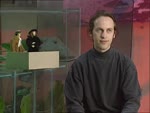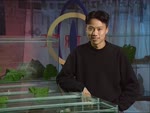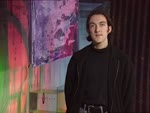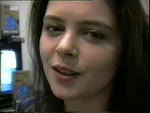FIRST REELS INTERVIEW: Avie Luthra, Family Business
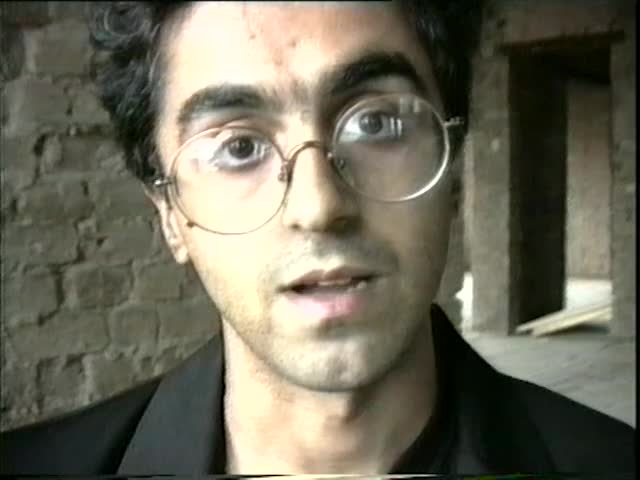
This video is not available to view remotely
Full length video - onsite only
Please read Understanding catalogue records for help interpreting this information and Using footage for more information about accessing this film.
Title: FIRST REELS INTERVIEW: Avie Luthra, Family Business
Reference number: 8543
Date: 1993
Sound: sound
Original format: Hi-8
Colour: col
Fiction: non-fiction
Description:
Raw interview footage with director Avie Luthra, concerning his short film A FAMILY BUSINESS, made under the Scottish Film Council and Scottish Television First Reels scheme.
See also ref 7909 for the short film FAMILY BUSINESS.
Shotlist:
Raw interview footage with director Avie Luthra, concerning his short film A FAMILY BUSINESS, made under the Scottish Film Council and Scottish Television First Reels scheme.
Discusses:- Family Business is a short 10 min film spoof documentary about arranged marriages set in Edinburgh. Follows an Asian businessman who has the novel idea of setting up a business where people present themselves in a 'video dating' scenario. All Asian cast, shot in Edinburgh, shot in about 3 days. The cast was drawn from people with very little acting experience. Some scenes were improvised and some rehearsed. This is the director's second - working with a bigger crew this time. Worked to tight schedules, not capable of paying people - there were pressures as a result. Final product is remarkably committed and skillful. To the best of his knowledge this is the only film made in Scotland with completely Asian cast. Tailored parts to the people, what they could produce on the day. The most useful experience was realising limitations of job as director when working with up to 30 people - that the film was a truly collaborative creative process. The film focuses on the way people present themselves and the way they present their own identities. The way the film is shot emphasises the artificial nature of 'selling to camera'. It was a lot of fun, a lot more exhausting than he thought it would be. One of the hardest things was the financial thing, dealing with a sum of £2000 and using it in the best way.

